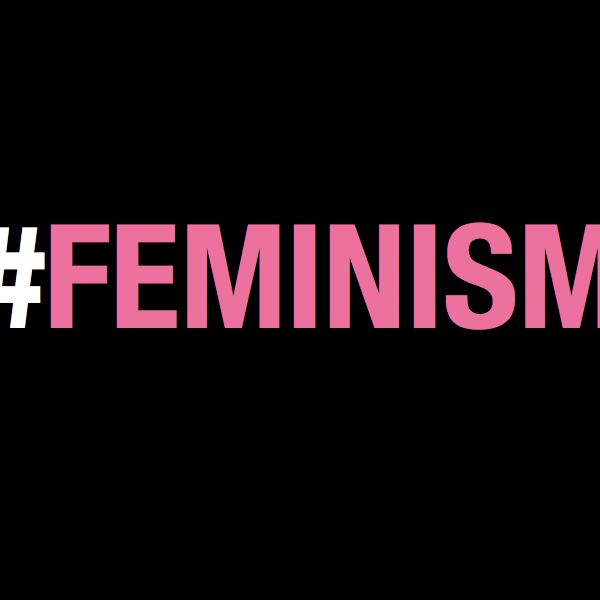In the universe as we know it thus far, all particles can be grouped into two classes: fermions and bosons. As one can infer, these two classes differ from each other distinctly and as a result have their own associated behavior and statistics associated with them. Fermions tend to keep to themselves: each individual fermion must always be in a different state from its identical particles. For example, every electron in the universe is exactly the same, but can be differentiated since each particle is in its own unique state (has a unique set of quantum numbers). This idea is called exclusion, and only applies in general to fermions. Bosons, however, are much more amicable and can have multiple identical particles in the same state. Whenever multiple Bosons share the same state, they are completely indistinguishable and form an aggregate that physicists like to call a condensate. In a condensate there is no such thing as an “individual boson,” as picking one and labeling it as “particle A” would be nonsensical. Rather, the entirety of the system can be thought of as the same collective such that all the parts are self-similar to the whole. But what does any of this have to do with politics in America today?
This nomination process was the first one such that the information and computer age generations, the millennials and generation z, birthed a new age of internet populist nominees. Social platforms acted as the basis for echo-chambers to form and promote the various radical ideals of a plethora of sects of thought within America’s youth today. For example, Bernie Sanders, who calls himself a Democratic Socialist, would have been associated with communism and axed before he could have had any sort of chance as running as the nominee for the Democratic party. The only difference is that today, regardless of media bias and party convention collusion with the establishment nominee (and yes I’m talking about you Hillary), people could reach out to like-minded individuals and those who share similar political ideologies with ease. With this said, one can see that the internet and social media in general helps promote what’s already a part of our human nature: to be part of a group and feel larger than ourselves. But what are the implications of such echo-chambers? If one parallels human behavior to particle behavior, one will notice that bosons in the vicinity of other identical particles in a given state, will be more likely to join said state (this is the premise of a laser). So in social groups, if left unchecked, echo-chambers can lead to unrelenting positive feedback to the individuals that adhere to the ideals, or properties, of the group itself. This is generally seen in the correlation between all religions around the word that have unquestioning faith as a virtue and their inevitable development of extremist, fundamentalist sects. In the long run, America may have to look for a solution to the 2-party system as increasingly more niches form and continue to splinter the remainder of the Democratic and Republican parties.





















